UK to double funding to fight cyber-attacks
Under the proposals, measures will be put in place to disrupt criminal online marketplaces
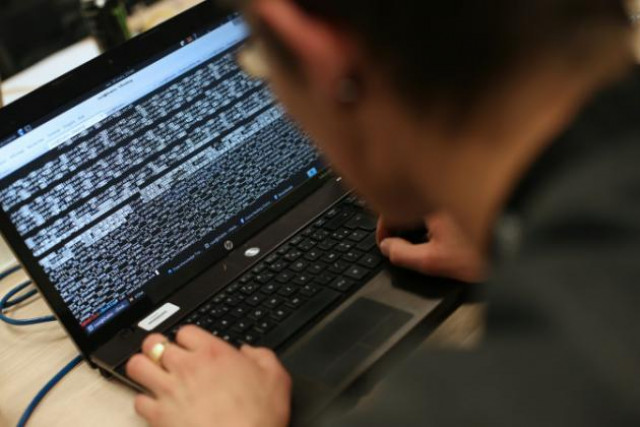
A cyber-attack on the ISP TalkTalk last month caused widespread disruption and put the personal data of millions of Britons at risk. PHOTO: AFP
Speaking at the headquarters of Britain's electronic spy agency GCHQ in southwest England, finance minister George Osborne said the money would be used against criminals, rogue states and terror factions.
Britain says Islamic State militants plotting deadly cyber attacks
Osborne said that, while IS militants did not yet have the capability for attacking Britain's infrastructure through the web, "we know they want it, and are doing their best to build it".
He also said that GCHQ was tackling twice as many cyber-attacks that posed a threat to national security than it was a year ago.
Osborne announced a doubling of funding to £1.9 billion ($2.9 billion, 2.7 billion euros) a year by 2020.
Anonymous declares war on Islamic State
Under the proposals, measures will be put in place to disrupt criminal online marketplaces and Internet Service Providers (ISPs) will be asked to block sites that are know sources of malware.
A cyber-attack on the ISP TalkTalk last month caused widespread disruption and put the personal data of millions of Britons at risk.
A national cyber centre will coordinate operations, and operatives will be encouraged to launch counter-attacks in order to level the playing field between attackers and defenders, said Osborne.
"If we are to tackle this asymmetry we need to establish deterrents, not just defend but dissuade in the first place" he said.
"We will defend ourselves but we will also take the fight to you," he added.
Prime Minister David Cameron on Monday announced plans to recruit an extra 1,900 security and intelligence staff to counter the terror threat following the Paris attacks.

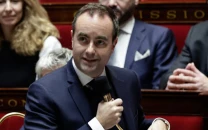
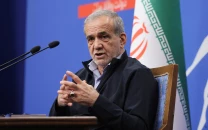
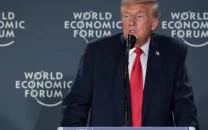
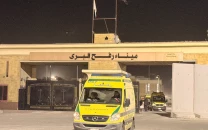
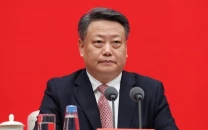













COMMENTS
Comments are moderated and generally will be posted if they are on-topic and not abusive.
For more information, please see our Comments FAQ